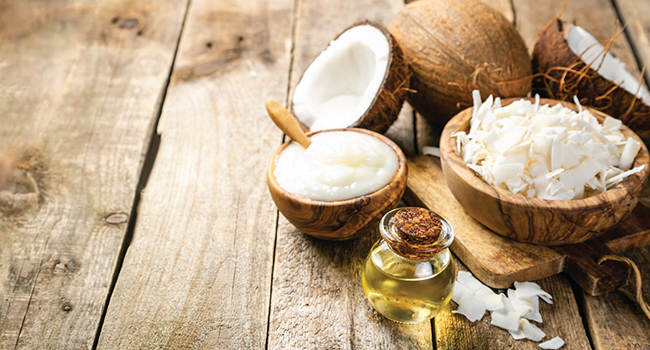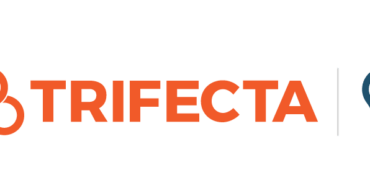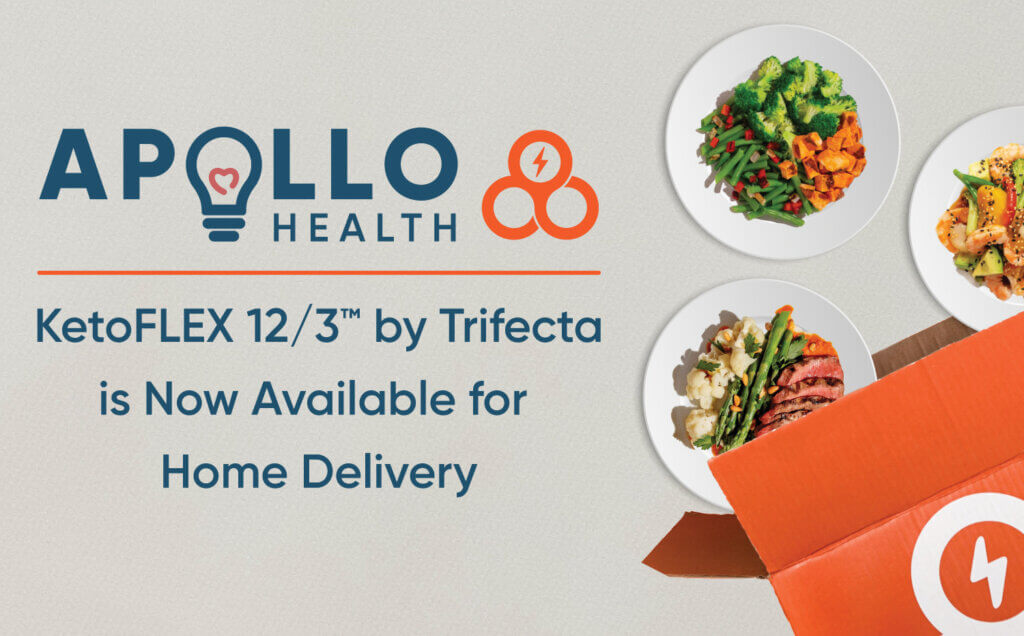May 2, 2023
Ketone Supplements


The goal of the KetoFLEX 12/3 lifestyle is for your body to create natural ketones. Once you extend your daily fast, incorporate daily exercise, and begin to follow the KetoFLEX nutrition plan, you’ll naturally begin to burn your own body fat and create ketones. Many report an enhanced sense of cognitive clarity and a steady feeling of energy once they reach this milestone.
Some people initially have difficulty reaching this goal. For instance, it can be especially difficult for those who are dealing with underlying insulin resistance, which often results in difficulty fasting. See “How to Transition to a Longer Fast.” Until insulin sensitivity can be restored, a ketone supplement may be used. Ideally, this use will be transitional.
Another group that may have difficulty reaching ketosis is those who have a very low BMI. It’s important to avoid becoming underweight as this can increase your risk for sarcopenia (loss of muscle) and osteopenia (loss of bone), both of which can increase your risk for cognitive decline. The chart below can help you determine if you are underweight. If you are, see Strategies for “Gaining and Maintaining Weight.” Transitional ketone supplement use can also help those who are underweight until they can optimize their weight.
Underweight Chart
| Your HEIGHT is | Your WEIGHT is under |
| 4’11” — 5’2” | 100 pounds |
| 5’3” — 5’4” | 105 pounds |
| 5’5” — 5’7” | 115 pounds |
| 5’8” — 5’10” | 125 pounds |
| 5’11” — 6’ | 150 pounds |
Ideally, exogenous ketone use is transitional and short-term while working to heal insulin resistance and working to achieve a healthy weight. Exogenous ketones have the power to improve cognition by providing fuel to the brain, but this solution should be considered temporary. This is NOT a long-term solution. Depending upon the severity of your insulin resistance, this transition to being able to fast and create your own natural ketones may take weeks or even months. See “How to Transition to a Longer Fast “for more helpful tips.

Types of Ketone Supplements
Below learn about the different types of ketones supplements, how they can transitionally help, and their best applications.
Medium Chain Triglycerides (MCT) MCT is also referred to as a medium chain fatty acid (MCFA) and is naturally found in high amounts in coconuts and in lesser amounts in other foods, even breast milk. It’s been processed into a supplement called MCT oil that promotes the natural creation of ketones. Because MCT is metabolized differently than other fatty acids, it can provide almost immediate, albeit relatively short-lived (several hours), fuel for your brain.
It’s best to very slowly increase the amount of MCT you use from less than one teaspoon to one tablespoon (one to three times per day) to avoid side effects. Taking too much can produce symptoms, including an intense feeling of energy, skin flushing, and GI distress. Some participants report that a mere 500 mg capsule of MCT oil is enough to curb the hunger that arises from trying to fast when mildly insulin resistant. Even that very small amount can tip the body away from burning glucose towards burning your own fat.
Try to find an MCT oil that’s comprised primarily of C8 (caprylic acid) sourced from coconuts. Because it passes more quickly through the GI tract, it’s less likely to cause GI distress. Perhaps because of the faster transit time, it may have a reduced impact on lipid profiles. Avoid MCT that contains any filler oils, or that is manufactured via chemical processing with hexane. (Clean MCT in a glass bottle is an example of an acceptable brand.)
Coconut oil, comprised of both MCT (also known as medium chain fatty acids) and long chain fatty acids, is metabolized more slowly and may be better tolerated by some participants. Coconut oil has additional health-enhancing properties, including antioxidants from polyphenols, antimicrobial properties, as well as a positive impact on gut health. Source either an unrefined, organic, cold-pressed virgin or extra virgin variety, without chemical processing in a glass jar. This is easy to find and widely available. (Nutiva organic virgin coconut oil is one example of an acceptable brand.) Don’t worry if the oil becomes liquified with warmer temperatures. It’s very stable and won’t oxidize from temperature extremes. It’ll return to a more solid form as the temperature decreases below 76° F.
Both coconut and MCT oil are calorically dense and can be useful for those trying to gain weight. However, they can have a negative impact on lipid profiles— especially for those who hyperabsorb dietary fat leading to elevated cholesterol, including many ApoE4 carriers. For this reason, it may be best for those concerned about cholesterol to avoid both MCT and coconut oil and use ketone esters or salts instead.
Ketone Salts and Esters These are newer forms of exogenous ketones that provide for direct ingestion of BHB through a supplement. Like MCT, both have been demonstrated to raise BHB without requiring additional dietary fat. Because ketone salts and esters are relatively new, they’ve not been well studied in humans, certainly not for an extended period. Like MCT and coconut oils, their effects are also relatively short-lived and must be taken throughout the day for sustained brain fuel. Unlike coconut and MCT oil, they have no impact on lipid profiles and may be short-term options for those who are insulin resistant, who hyperabsorb dietary fat, who have cholesterol concerns, or who have known atherosclerosis.
Ketone salts are naturally derived compounds that mix sodium (and potassium or calcium) with BHB to improve absorption. There are several commercially available versions available. (Ketostart is one example.)
Ketone esters are synthetically made compounds that link an alcohol to a ketone body, which is then metabolized in the liver to a ketone. Ketone esters are used primarily in research. They are known to have a horrible taste. There are very few commercially available. (HVMN is one example.)
Combination ketone salts and ester products are now commercially available. (KE1 is one example.)
Best Time of Day for Supplementation
There are no hard and fast rules for when to take a ketone supplement, as they are used for a variety of purposes. If you are looking for an all-day boost while transitioning to natural ketosis, consider taking three evenly divided dosages: upon awakening, midday, and late afternoon, preferably a few hours before or after eating. Don’t take it in the evening to avoid stimulation and sleep disruption.





